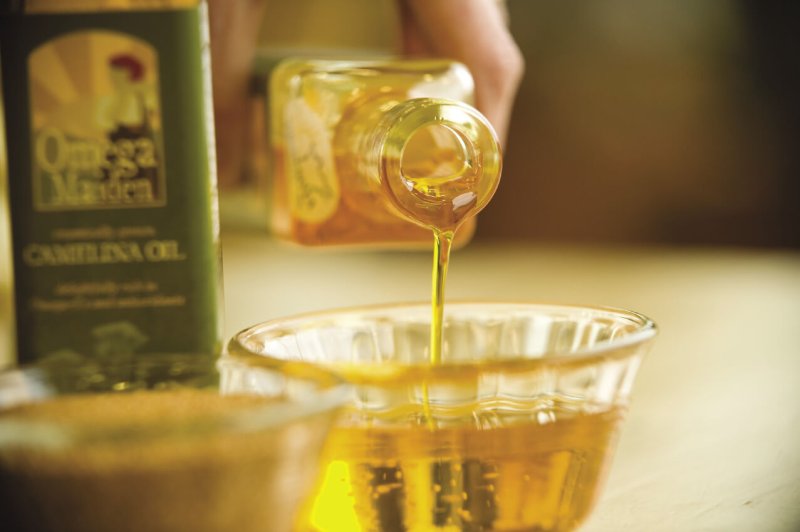Yield10 Bioscience, Inc. [on March 19] announced the results from field tests conducted in the 2019 growing season in the United States and Canada.
Data from the field tests suggest that novel traits can be successfully deployed in the oil biosynthesis pathway using CRISPR genome-editing technology to boost seed oil content in Camelina.
…
The best genome-edited Camelina plants exhibited good agronomics including germination, stand establishment and seed formation. — Edits to certain combinations of the three genes in the oil biosynthesis pathway produced an increase in oil content in individual seeds as well as an increase in seed oil content as a percentage of seed weight, as compared to wild type plants.
…
The Company is also developing Camelina as an oilseed crop for nutritional oils for food and feed applications and future bioproducts such as PHA biomaterials. Boosting seed yield and oil content will make Camelina an increasingly attractive crop for farmers.































